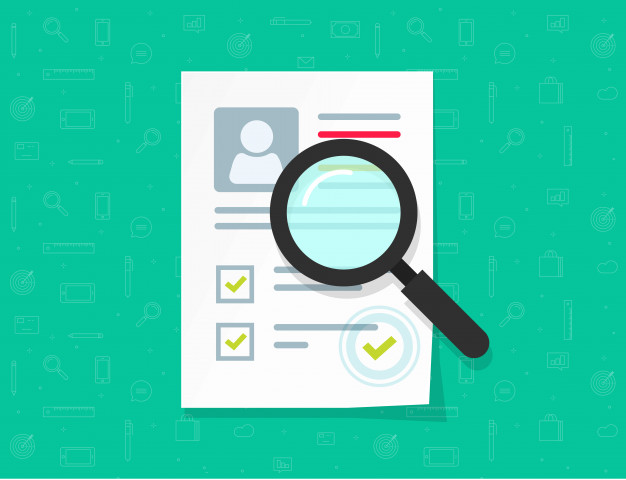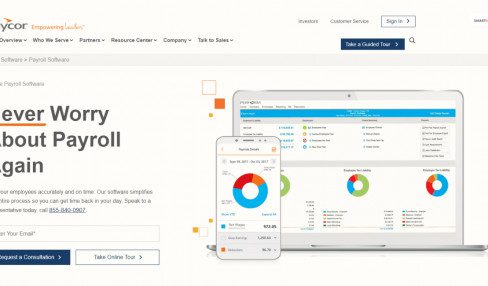Everything You Need to Know About Identity Verification Background Checks
3 Mins Read
Published on: 19 March 2021
Last Updated on: 13 November 2024

toc impalement
Identity theft is on the rise, and this trend shows no signs of slowing. Unfortunately, it is becoming more and more common for identity thieves to fraudulently obtain employment using stolen identities. This worrying trend means that employers should include an identity verification background check in their applicant evaluation process. These checks can be used not only for permanent employees but also for freelancers and other independent contractors. You do not necessarily need to disqualify a candidate from consideration if they do not pass the identity verification check, as it does not necessarily mean they are identity thieves. However, it is certainly a major red flag. Read on to learn more about identity verification background checks.
Why Identity Verification Background Checks are Important?
Identity thieves are becoming more common and more advanced. In years gone by, it may have seemed unthinkable for someone to fraudulently obtain employment by stealing someone else’s identity. However, many identity thieves are obtaining salaries and benefits with someone else’s identity. It is not unheard of for people to use stolen identities to obtain corporate secrets. Identity verification background checks are vital to prevent this sort of thing. Check out Massachusetts background checks for an example of what information you can expect from a background screening.
Who is a Good Candidate for an Identity Verification Background Check?

Of course, applicants for permanent positions should undergo an identity verification background check. It is especially important that applicants for remote positions undergo these checks, although some identity thieves are bold enough to try and obtain a traditional office job using someone else’s identity. Not only should prospective employees undergo such checks, but contractors should also have to pass an identity verification check. This is especially true if your business relies on work from contractors.
How does an Identity Verification Background Check work?
The first step in any identity verification background check is the applicant submitting their personal information on the application and agreeing to undergo such a check. Next, they will either have to receive and enter a passcode at a verified phone number or answer several questions generated from information related to their SSN. These questions will be presented online as part of the application process. If the candidate fails the identity verification check, they can still complete the background check. However, you will be alerted that they have failed the identity verification check.
What Happens If a Candidate Fails the Identity Verification Background Check?
It is important to note that a candidate who fails an identity verification check is not necessarily an identity thief. In fact, chances are that they have not stolen anyone’s identity. However, you should require additional documentation from any candidate that fails the identity check. The most common types of additional documentation are driver’s licenses and passports. Many employers also accept other government-issued photo IDs and military IDs. If a candidate can provide this documentation, it is unlikely that they are an identity thief. They should still be considered for employment.
How Identity Verification Checks Are Different From an SSN Trace?
Identity verification checks are often confused with SSN traces, but they are quite different. SSN traces can determine whether an SSN is valid. They can also confirm whether the name and address provided matches the SSN. However, it is fairly easy for identity thieves to fool a simple SSN trace.
Why You Should Use a Professional Service for Your Identity Verification Background Checks?
There are self-service identity verification products on the market. However, it is almost impossible to be as thorough as the professionals when using one of these services. It is best to leave identity verification checks to trained and experienced professionals, as they have a better chance of catching an identity thief.
Read Also:


















Comments Are Closed For This Article